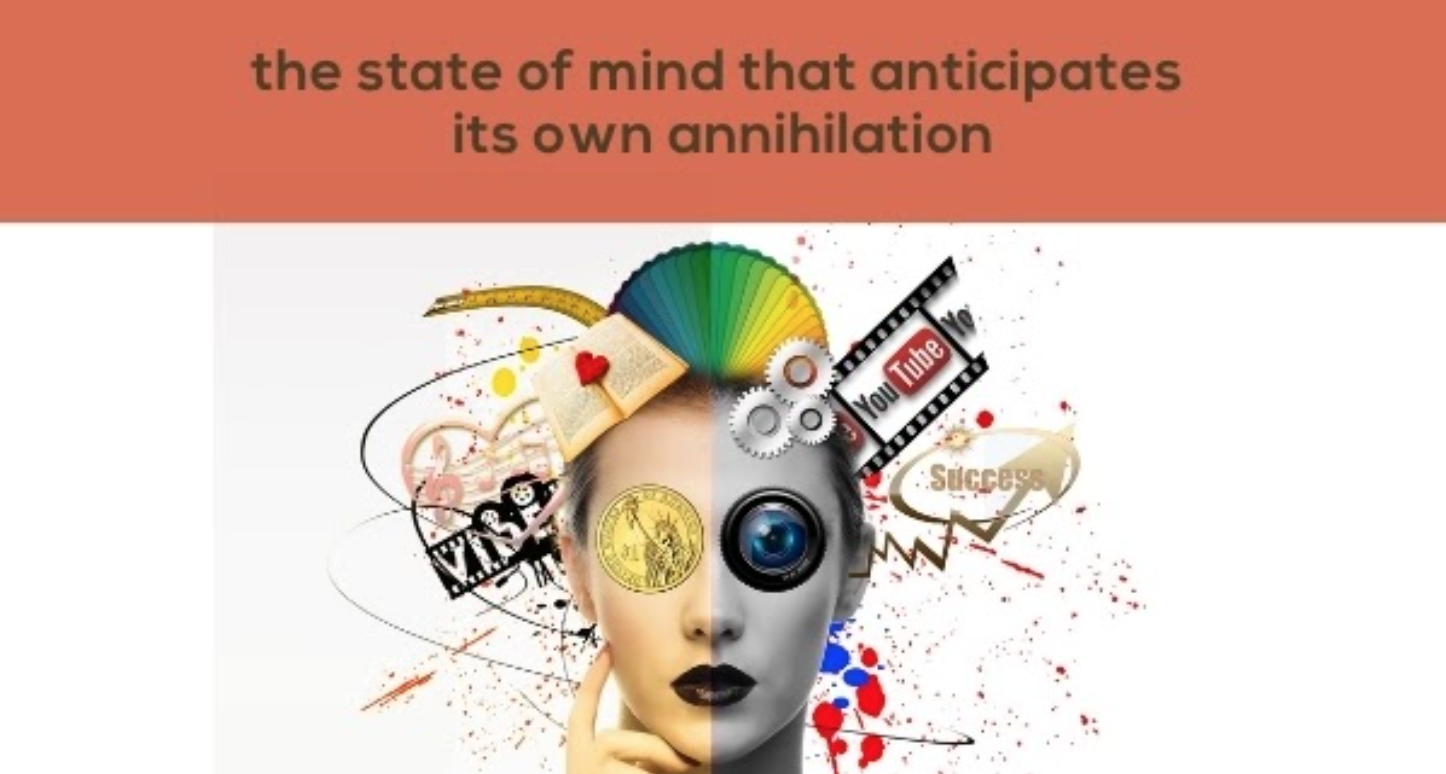The State of Mind that Anticipates its Own Annihilation

Here’s a hard truth many artists don’t want to admit: Since becoming a mother, I have rarely been able to revisit the level of creative immersion I maintained before my son was born. BUT, adapting to interruption, sleep deprivation, and having my brain and heart utterly hijacked (in 99% good ways), HAS allowed me to gain endurance and agility as a writer.
These days, I can’t wait for that writer–the writer I am now–to re-establish herself in a space of uninhibited focus and bring forth the next writer I need to become. These long-light days of less teaching and more silence are my time to foster that union. The natural world bursts forth, whilst my creative focus draws deeply inward. By mid-June, I hope to have arrived. And as I reflect and adjust various features of my business before totally winding down, you can bet I’ll also be leaping across the yard, singing, “I contain multitudes!” (Ok, I might have done that already. With River. While drinking a beer.)
Here’s another way to phrase the creative tension I’m trying to describe; a quote from Joan Frank’s brilliant essay, “The Stillness of Sleeping Birds”:
“In reading or writing, we imagine with free-ranging motion, escaping present-time constructs–a process which nourishes and restores us in ways we don’t yet fully understand, much like sleep. If someone or something repeatedly stops that wide-ranging movement midway (or even earlier), the ‘muscles’ for this function come to anticipate the siege–the abrupt wall they will slam into. They adapt, as I see it, by tensing: strong for the brief allowed portion of their potential span, but halting in Pavlovian reflex at precisely the position of stoppedness, of interruption.
What happens then to the stunted imagination, to our ability to think deeper, larger, more audaciously? What do you call a state of mind that anticipates its own recurring annihilation?
Put another way: we know that sleep deprivation, or interruption, is used as a form of torture during wars. Ultimately, it can kill us.”
Ring any bells? Spark any opinions? Read on for this month’s “hit reply” provocations, and I look forward to talking more about this with you.
Are you on my newsletter list? When you sign up, you’ll get my monthly questions and you’ll also receive the 5 S’s Applied to Story downloadable PDF. I send emails approximately every month with mini craft essays, special notices, early-bird registrations, and announcements for subscribers only. No spam, ever; and your email address is never shared. Sign up here.
Now, for those questions. Reply by contacting me here:
- How does the changing of seasons impact your writing practice or process?
- What can you do to encourage deep focus, rather than a mind that anticipates its own annihilation? Tell me in very concrete terms, or ask for ideas if you’re stuck.
- I’m a huge fan of getting your writing out of your body, moving your body to write more profoundly revised pages, and having body-moving hobbies that support the creative process. What do you do to strengthen the mind-body connection in your writing life? If you don’t have any such practices, email me and I’ll give you some ideas!

